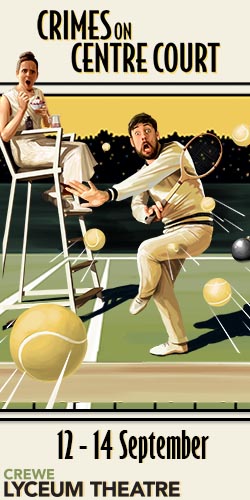
Ten football fans in Crewe and Nantwich area are among 40 in Cheshire to be banned from the Euro 2016 tournament.
The 40 residents are currently subject to football banning orders for previous offences.
And Cheshire Police have contacted all of them, ordering them to surrender their passports to the police by Wednesday June 1.
Any banned fans who don’t could be arrested.
Of the 40 banned in Cheshire, 10 are from Crewe and Nantwich, 18 from Chester, three from Winsford, one from Northwich, four from Macclesfield, one from Holmes Chapel, one from Congleton, and two from Runcorn.
Chief Superintendent Luke McDonnell, of Cheshire Police, said: “The Euros are a time to join together with friends and family and celebrate and we hope that everyone enjoys the tournament and gets behind their team.
“Disorderly or violent behaviour in Cheshire will not be tolerated and we will respond robustly to anyone committing such offences.”
Football Banning Orders are part of specific football legislation.
The legislation requires anyone on a banning order to surrender their passport to the police 10 days before an international football tournament begins.
The order also states offenders can only collect it the day after the tournament ends – whether England get to the final or not.
The orders, which last a minimum of three years, can be granted by the courts when someone is convicted of a football related offence.
They are issued to help to prevent violence and disorder at or in connection with football matches both home and abroad.
In addition to passport surrender, offenders must inform the Police if they move house.
Courts can also impose numerous other conditions, such as being excluded from certain areas on match days, if this is felt necessary.
(pic under creative commons by Sean MacEntee)





















Recent Comments